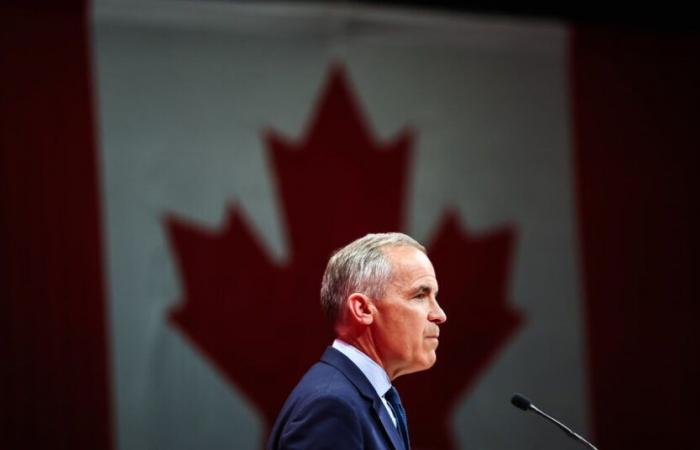The Prime Minister of Canada, Mark Carney, and his liberal party, did not achieve – for a closed margin – to obtain most seats in Parliament in Monday’s elections, and will need the help of smaller parties to approve laws and advance with a difficult agenda that includes facing the economic and sovereignty threats of President Donald Trump.
On Tuesday, one day after the closing of the polls, the final results of almost all districts were known: the liberals got 169 seats of 343 in Parliament, leaving only three of the majority, according to Canada Elections, the independent body that manages the country’s elections. The Conservative Party obtained 144 seats.
Even so, the result was a resounding success for a liberal party that was anticipated three months ago that I was going to lose by a wide margin against the conservative opposition, and also for Carney, who before Monday had never postulated to any public office. The victory gives the liberals an unusual fourth consecutive mandate in the government.
Although a majority government would have allowed Carney to boost their policies without depending on others in Parliament, the task of obtaining the support of other members to approve laws and budgets did not seem too difficult: liberals have ruled without a majority for two mandates, in the last five and a half years. Small parties, such as the green and the new democratic party, of the left, are aligned more naturally with the political-left political platform of the liberals.






